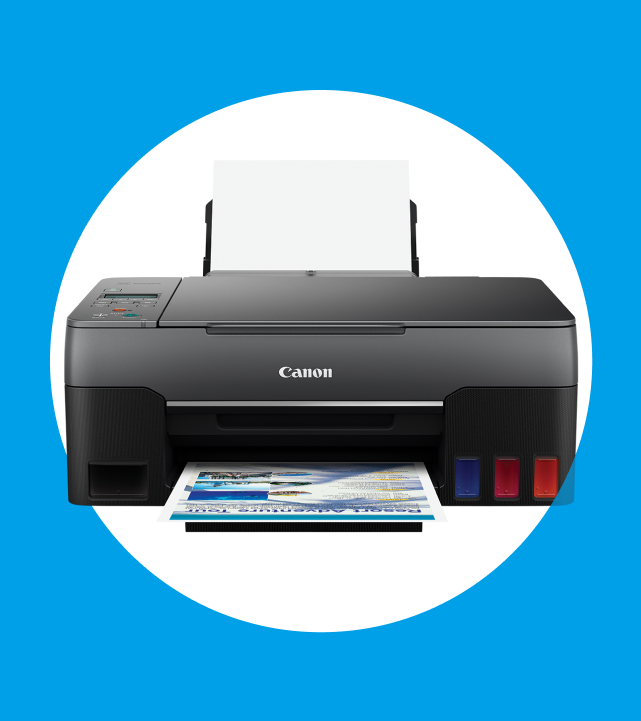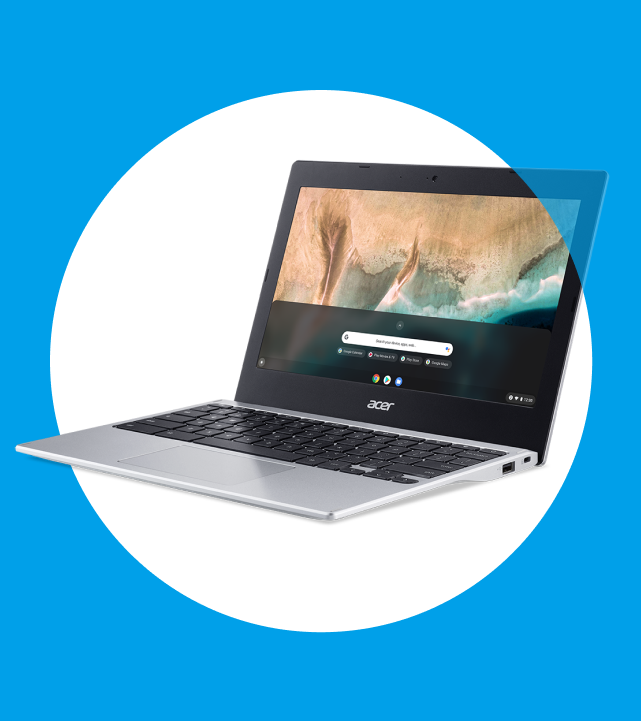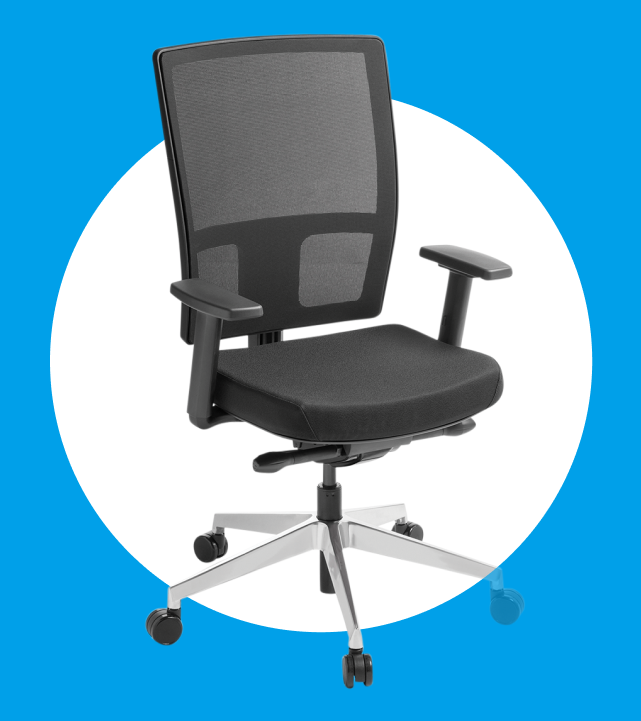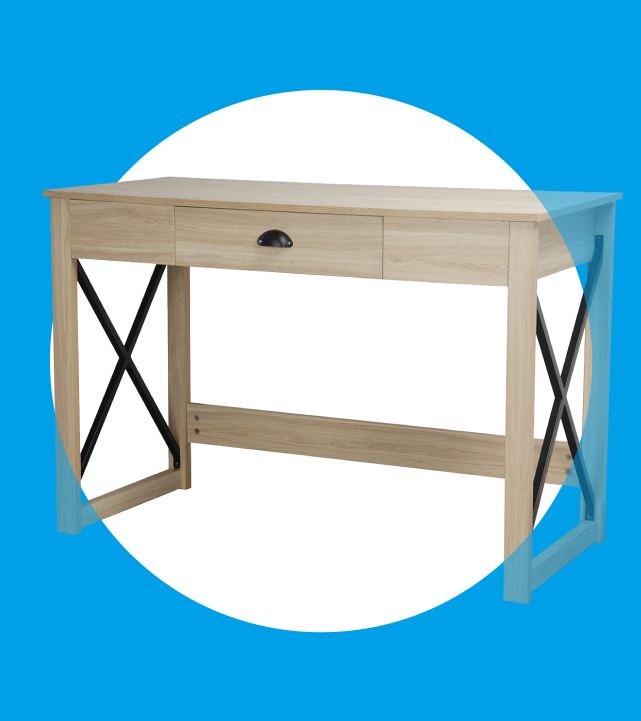GROWING PAINS
Five practical tips for buying a business
1. Buy a business, not a job
If you’re spending your hard earned money to buy a business, it’s vital that you make sure it is actually a business, and not just a job.
What’s the difference? Most businesses are priced on their ability to generate profit, after all business expenses have been paid. Let’s say that the business for sale looks like this:
Sales = $200,000
Business Expenses = $125,000 (excluding owners’ drawings or salary)
Net Profit = $75,000
Business Sale Price = $100,000
This looks good, right? But say you find out that you need to work full-time in the business to generate the $75,000 profit. This means you are effectively paying someone $100,000 to earn what you could otherwise receive in a (relatively well paid) job where you wouldn’t be paying, or risking, a cent.
This is an extreme example, but I have seen many similar opportunities presented to people. The critical thing is to be certain that the profit of the business is agreeable to you after all business costs are met, including your time to generate that profit.
2. Do your homework
As with any purchase, it pays to shop around.
There are loads of businesses for sale in this country, so take your time looking at what’s out there and weigh up the pros and cons of each prospect. Get independent expert advice (i.e. not from the seller or business broker) to help ensure you’re buying something that is right for you, in ways that matter to you. For example, on top of the financial stuff, you could also assess the location and potential workload.
Most importantly (to accountants like us, at least), make sure that you buy at the right price.
Paying too much at the beginning can create an uphill financial battle that may prove too steep in the long run.
For example, going back to the fictitious firm, let’s say that you’ve bought it with a business loan for $100,000. You’re now working full-time in the business to earn the $75,000 ‘profit’, and you have to meet repayments for your business loan. Obviously, in this basic example, the price is way too high.
In real-life, though, it can be hard to determine the ‘right’ or ‘wrong’ price (underlining the importance of expert advice). Business valuations are notoriously tricky and usually based on a multiplier of the profit, which is based on risk: the riskier the business, the lower the multiplier.
So for a traditionally ‘risky’ business, such as a cafe or restaurant:
If the Net Profit is $75,000, then that might only be multiplied by 2 to get the valuation = $150,000.
Conversely, if the business is a commercial property with a 20-year lease, the multiplier will be more like 14 times, as this is a much safer investment.
In other words, it’s crucial that the price of the business reflects the underlying risks and rewards.
3. Focus on an industry that you know something about
There’s always a lot to learn when you buy a new enterprise. You have to become familiar with the systems, employees, customers and suppliers. This can take a lot of time and energy.
We’d recommend therefore that you avoid compounding this workload by having to learn about a whole new industry as well – that is, unless you are totally committed to breaking into a new one.
Instead, find a business that allows you to capitalise on your industry knowledge, as well as your skills, experience and contacts.
4. Look for ways to add value
There are two ways to make money in business:
Generate profits
- Add to the value of your business so that when you sell it, you make a capital gain
- So don’t just think about profit; also consider how you can add value. A business with a low profit, and therefore a low valuation, might be worth more to you if there is something specific about it that you can improve.
- Maybe you’re a hospitality whizz and the cafe you want to buy is in a great location, but has been run by the Addams family and they’ve frightened off customers. Can you add value by introducing your style and flair to the operation?
Importantly, if you think you can improve a business, make sure you have a plan for this prior to purchase, rather than buying it and hoping you will work out how to make things better later on.
5. Imagine the worst before you invest
No one likes to talk about this, but every business person, at some point, has lost, or will lose, money on a business or a deal.
When you’re considering buying a business, imagine losing everything you’ve invested in it. Can you handle that thought?
If you’re ok with that potential outcome, and you’ve taken our tips on board, then you’re in a better position than many others to proceed.
That said, as mentioned above, we always advise talking to an independent expert before buying any business. So, if you’re thinking about it, feel free to email us at [email protected] or call us on 0800 755 333.



